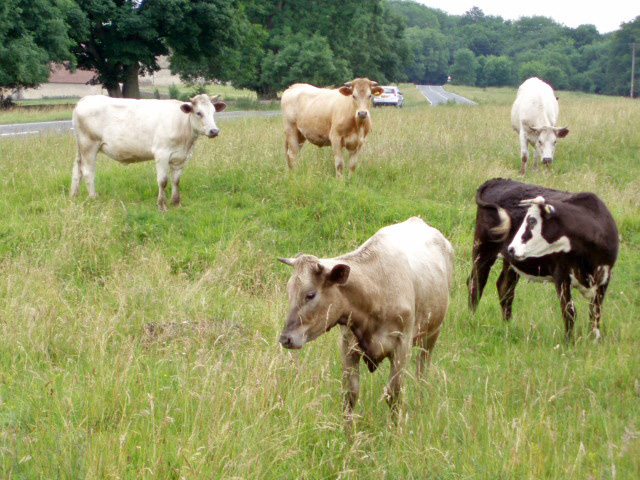Imagine that you are just one of five farmers that raise livestock in a village. In order for your livestock and the livestock of your fellow farmers to survive they must eat grass so you and the other four farmers share a field for the livestock to graze. This arrangement has been beneficial to you and the other farmers for years and you each make about the same amount of money selling your livestock for slaughter. One day you get the brilliant idea that you could make some more money by increasing the number of your livestock by one. What you don’t realize is that by increasing your livestock the amount of animals grazing on the field has also increased by one, putting added pressure on the common resource you and your fellow farmers use to keep your livestock alive and growing. Your fellow farmers noticing that you have increased your number of livestock decide that they want to make a little extra money as well and also increase their livestock. So now instead of just five cows grazing on one field there are now ten. You and your fellow farmers seeing that your profits are increasing and, acting rationally, keep on increasing the number of livestock you own. Soon there are twenty cows grazing on the field and each farmer brings four cows to graze on the common grass. Business is great but you and your fellow farmers start to notice that the once lush green pasture you all brought your livestock to is now growing brown as there is now more dirt then grass. The next thing you notice is that your livestock which was once fat and healthy are growing skinny and sickly. Soon there is no grass for your or your fellow farmers’ livestock to graze on and all the livestock dies of starvation. This narrative outlines one of the major dilemmas that is a constant theme throughout environmental issues from global warming to over-population. This is the tragedy of the commons and a more simplified history of and definition of this dilemma can be found in the link below.
http://www.princeton.edu/~achaney/tmve/wiki100k/docs/Tragedy_of_the_commons.html




